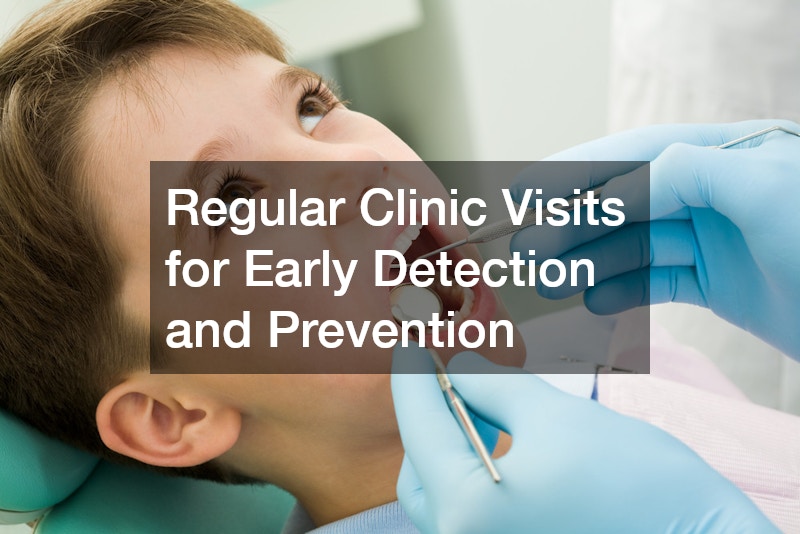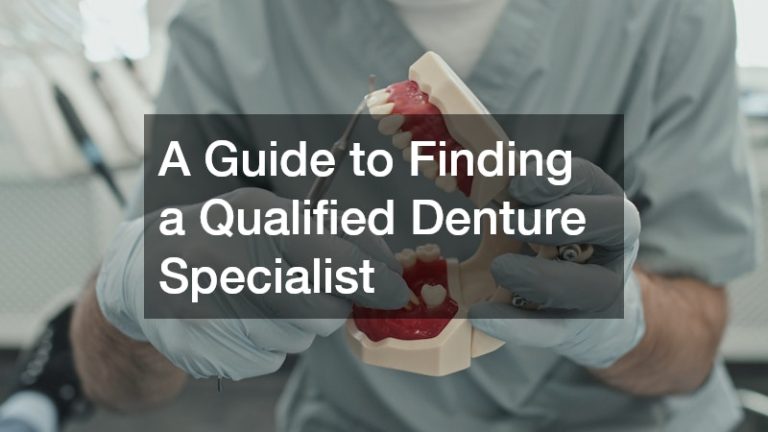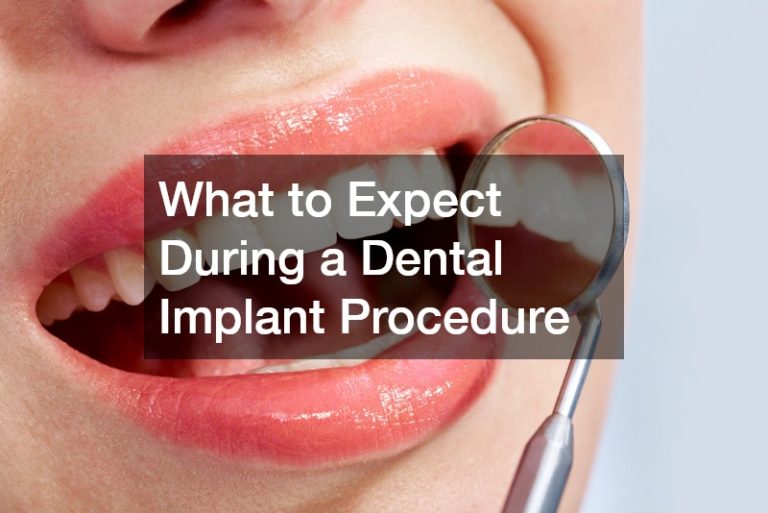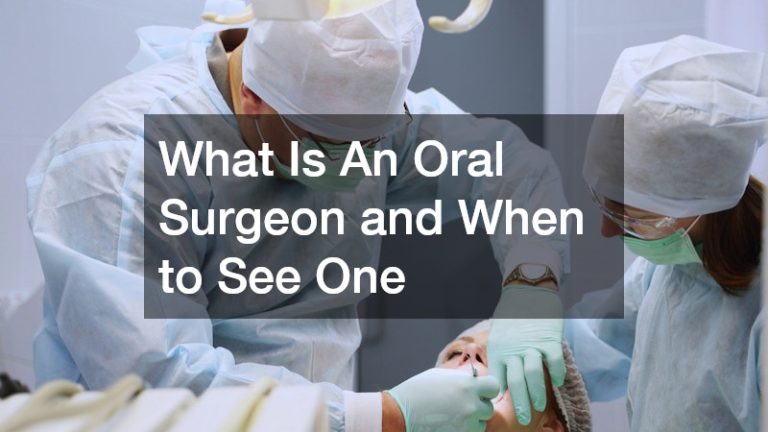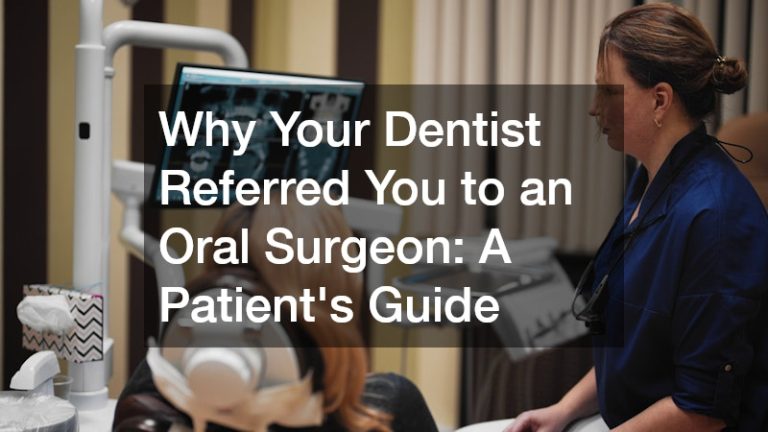Effective Ways to Prevent Dental Cavities and Decay
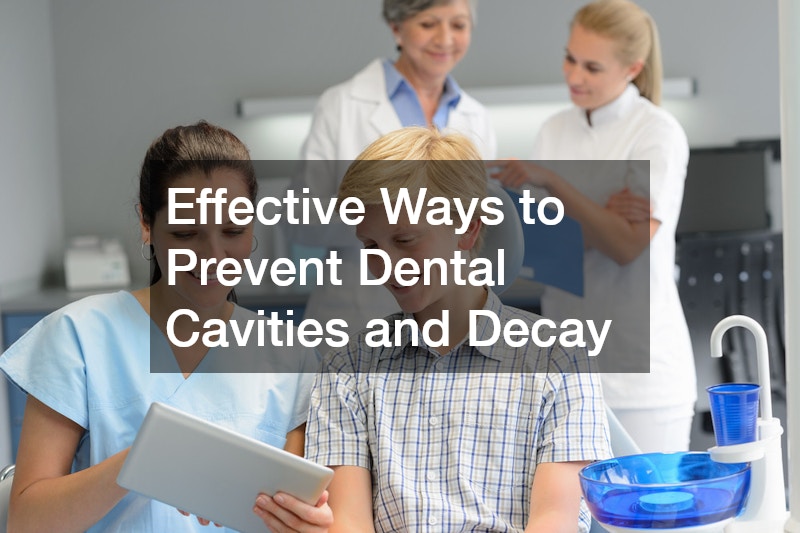
Maintaining strong, healthy teeth requires more than just occasional brushing. Dental cavities and decay affect many Australians, causing discomfort and costly treatments if not addressed early. Fortunately, adopting effective preventive strategies can help protect teeth from damage. This article outlines practical ways to prevent dental cavities and decay, ensuring lasting oral health.
Understand the Causes of Dental Cavities and Decay
Dental cavities develop when plaque—a sticky film of bacteria—builds up on the teeth. The bacteria produce acids that erode tooth enamel, creating holes or cavities.
If untreated, decay can reach deeper layers of the tooth, leading to pain, infection and even tooth loss.
Diet plays a significant role in cavity formation. Frequent consumption of sugary and acidic foods or drinks fuels bacteria growth and acid production. Poor oral hygiene and insufficient fluoride exposure further increase the risk. Regular visits to a dental clinic help monitor oral health and catch early signs of decay before they worsen.
Maintain Consistent and Proper Oral Hygiene
Effective oral hygiene is the cornerstone of cavity prevention. Brushing teeth at least twice daily with fluoride toothpaste removes plaque and neutralises acids. Using a soft-bristled toothbrush and brushing for two minutes ensures thorough cleaning without damaging gums or enamel.
Flossing daily is equally important, as it removes food particles and plaque from between teeth—areas a toothbrush cannot reach. Many people neglect flossing, but it prevents decay between teeth and reduces the risk of gum disease.
In addition to brushing and flossing, rinsing with an antiseptic mouthwash can reduce harmful bacteria levels. Some mouthwashes also contain fluoride, providing an extra layer of protection by strengthening enamel. However, mouthwash should not replace brushing or flossing but rather complement them.
Adopt a Tooth-Friendly Diet
Dietary choices have a direct impact on oral health. Limiting sugary snacks and drinks such as lollies, soft drinks and fruit juices reduces the fuel available for bacteria that cause cavities. It is best to consume sugary foods with meals rather than as frequent snacks, as saliva production increases during meals and helps neutralise acids.
Choosing foods that promote dental health can also protect teeth. Crunchy fruits and vegetables like apples and carrots stimulate saliva production and help clean teeth surfaces. Dairy products such as cheese and yoghurt contain calcium and phosphates, which aid enamel repair.
Avoiding acidic beverages like wine, sports drinks and carbonated drinks is essential, as acids soften enamel and make teeth more vulnerable to decay. Drinking water, especially fluoridated tap water, supports saliva flow and helps wash away food debris and bacteria.
Use Fluoride Treatments and Dental Sealants
Fluoride is a mineral that strengthens tooth enamel and makes it more resistant to decay. Most Australian tap water supplies contain fluoride, but additional fluoride use through toothpaste or treatments is beneficial.
Many dental clinics offer professional fluoride treatments, applying concentrated fluoride gels or varnishes to teeth. These treatments are particularly useful for children, teenagers and adults at higher risk of cavities. Regular fluoride exposure can significantly reduce cavity formation.
Dental sealants provide another protective barrier, especially for molars that have grooves and pits prone to decay. Sealants are thin plastic coatings applied to chewing surfaces, preventing plaque and food from getting trapped. This treatment is quick, painless and highly effective for cavity prevention.
Regular Clinic Visits for Early Detection and Prevention
Visiting a clinic regularly is critical for maintaining oral health and preventing cavities. Dental professionals conduct thorough examinations to detect early signs of decay that may not be visible or cause discomfort yet. Early detection allows for simple treatments that prevent further damage.
Children should begin dental visits early, around their first birthday, to establish good habits and allow dentists to monitor growth and development. Adults, too, benefit from regular assessments, especially if they have dental restorations orthodontic appliances or medical conditions affecting oral health.
Avoid Harmful Habits That Damage Teeth
Certain habits can accelerate cavity formation and dental decay. Smoking and tobacco use reduce saliva flow and increase the risk of gum disease and oral infections. Avoiding these habits improves overall oral and general health.
Mouthguards are recommended for those who grind their teeth at night or participate in contact sports. Grinding wears down enamel and creates fractures, increasing susceptibility to cavities. Using a mouthguard protects teeth from physical damage and prevents decay caused by enamel loss.
Educate and Encourage Good Oral Health Habits Early
Establishing good oral care habits from a young age reduces the likelihood of dental cavities throughout life. Parents and caregivers should supervise brushing and flossing routines for children and encourage a balanced diet.
Dental clinics often provide educational programs and resources to help families maintain oral health. Teaching children the importance of avoiding sugary snacks and visiting the clinic regularly builds positive attitudes towards dental care.
Avoiding harmful habits and encouraging good practices from an early age supports strong teeth and gums throughout life. Taking proactive steps today reduces the need for costly and invasive treatments in the future, ensuring a healthy smile for years to come.
.
